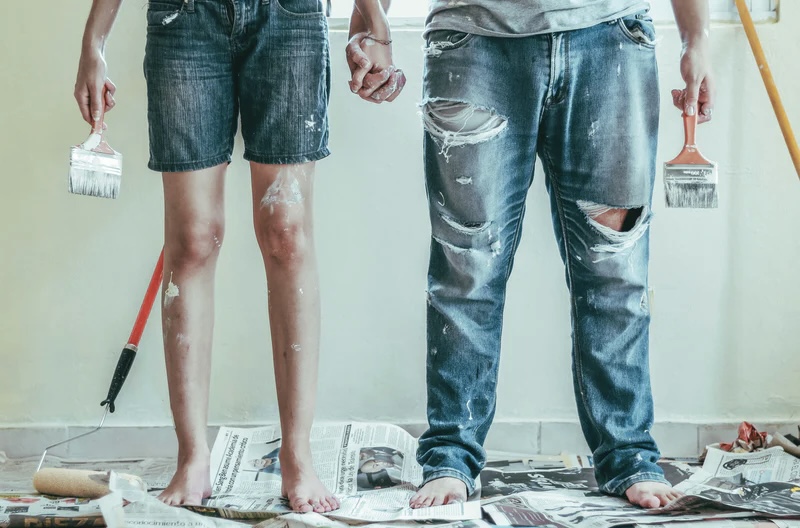
DIY estate planning can create an unsolvable mess.
It is common to ask people for advice or guidance.
You can save time and money if you tackle and complete a project on your own.
In most cases, this is harmless, even if the person you ask is not qualified to answer.
Other instances?
The stakes are high if the advice is bad.
According to a recent Coastal Breeze News article titled “Dangers of Do-It-Yourself Estate Planning,” the consequences of poor guidance in estate planning can be catastrophic for your loved ones.

The stakes for DIY estate planning are far greater than the stakes for painting a room in the house yourself.
When a DIY estate plan has mistakes, these are typically not recognized until the person "playing attorney" is deceased.
Unfortunately, it is then too late to rectify a problematic plan.
While an online estate planning template or program may seem like a inexpensive solution to your need for a last will and testament, it may be wiser to steer clear.
Why?
For starters, an estate plan usually involves more than a last will and testament.
To prepare for incapacity and death, you will need a last will and testament, a general durable power of attorney, an advance health care directive (i.e., a health care treatment directive and a durable power of attorney for health care decisions), an anatomical gift declaration, a HIPAA authorization, and possibly a trust.
By attempting a DIY estate plan, it is common for people to forget these other essential documents.
Why are these other documents important?
A general durable power of attorney allows you to appoint an agent (also known as an attorney in fact) to manage your bills, banking, investments, and property should you become incapacitated.
Because people have unique circumstances and states have different rules, you will want to work with an experienced estate planning attorney in your state of residence.
Similarly, you will require an advance health care directive to appoint an agent to make medical decisions if you become incapacitated and to outline your wishes for end-of-life care.
If these incapacity documents are missing or invalid, your loved ones may be forced into court and petition for guardianship so they can manage your affairs while you are unable to do so.
If you later recover from your incapacity and are capable of making your own decisions, you will need to petition the court to undo the guardianship so you can once again have control over your own life.
DIY estate planning often attempts to bypass probate by setting up pay on death or transfer on death accounts.
This type of planning only works if you do not outlive your beneficiary.
Real estate can also be problematic in DIY estate planning.
It may seem like a good idea to put your children on the title of your home as joint tenants with rights of survivorship.
This could be a problem if one of your children dies before you.
In this case, the children of your predeceased child will not become owners in place of their parent.
Would you have intended to "disinherit" those grandchildren?
If any of the children who are joint owners have creditors, then the property can have liens placed on it.
Until all the liens are satisfied, the property cannot be sold.
Yikes!
Taxes can also be a significant problem with real estate.
If you place the name of your children on the title of a house, this is considered a gift.
The children will not receive a step-up in basis at your death, as they would if it were inherited by them at your death.
Consequently, it may be a better tax play for children to inherit the property so they can receive this step-up in basis.
The best way to create an estate plan to meet the needs of you and your loved ones is to work with an experienced estate planning attorney instead going it alone with an online DIY template.
Reference: Coastal Breeze News (Aug. 4, 2022) “Dangers of Do-It-Yourself Estate Planning”
REMEMBER: “The choice of a lawyer is an important decision and should not be based solely upon advertisements.”
This statement is required by rule of the Supreme Court of Missouri.
